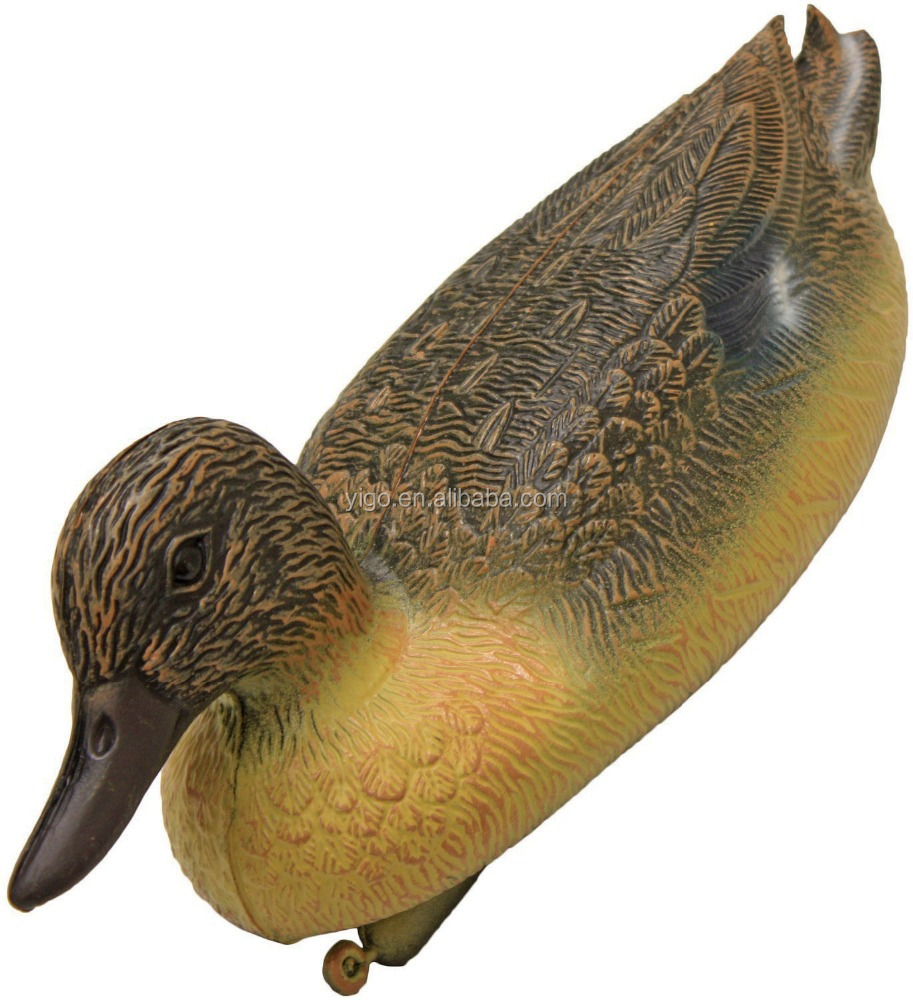Title: Silk Versus Duck Feather: The Battle of Comforters
The battle of comforters has begun! Silk and duck feather are the two main contenders, each with its own unique qualities and advantages. Silk is a natural protein fiber that is lightweight, strong, and hypoallergenic, making it perfect for those with allergies. On the other hand, duck feather is a good source of insulation and is often used in colder climates. It is also much cheaper than silk. The winner of this battle will be determined by personal preference and budget. Silk is the more luxurious and expensive option, while duck feather is the more affordable and comfortable choice. No matter which one you choose, both offer a great night's sleep.
The choice between a silk blanket and a duck feather blanket is often influenced by personal preference, but there are also significant differences between the two that make one more suitable for certain occasions or lifestyles. In this article, we explore the advantages and disadvantages of each type of blanket to help you make an informed decision when it comes to choosing the perfect comfort blanket for your bed.
Firstly, let’s talk about silk blankets. Silk is a natural protein fiber that is lightweight, soft, and hypoallergenic, making it ideal for people with allergies or sensitive skin. Silk blankets are also a great choice for warmer weather as they help to regulate body temperature and wick away moisture, providing a more comfortable sleep environment. Additionally, silk is a sustainable material that is biodegradable and recyclable, making it a more sustainable choice compared to some other bedding materials.
However, there are some disadvantages to using silk blankets as well. Silk can be prone to staining and requires special care to clean and maintain its quality. It also does not provide as much warmth as some other materials, such as duck feather, when used in colder weather.

Now let’s turn our attention to duck feather blankets. Duck feather is a common insulator material that is known for its warmth and softness. It provides a good amount of warmth without being too heavy or bulky, making it a good choice for colder weather or for people who like to stay warm at night. Additionally, duck feather is also hypoallergenic and does not cause allergic reactions in most people.
However, there are some disadvantages to using duck feather blankets as well. One major drawback is that duck feather can absorb moisture and become damp if not properly cared for. This can lead to a less comfortable sleeping experience and even contribute to the growth of bacteria or mold if the blanket is not cleaned regularly. Additionally, duck feather is not as sustainable as some other materials, such as silk, as it is not biodegradable or recyclable.

When it comes to choosing the perfect comfort blanket for your bed, the decision is often influenced by personal preference and lifestyle. Silk blankets are lightweight, soft, and hypoallergenic, making them ideal for warmer weather or for people with allergies or sensitive skin. Duck feather blankets, on the other hand, provide warmth without being too heavy or bulky and are also hypoallergenic. However, they require more care to clean and maintain their quality than silk blankets do.
In the end, the choice between a silk blanket and a duck feather blanket is not just about personal preference but also about what material best suits your lifestyle and needs. By weighing the advantages and disadvantages of each type of blanket carefully before making a purchase decision, you can ensure that you find the perfect comfort blanket for your bed that will provide you with years of comfortable sleep experiences.

Articles related to the knowledge points of this article:
Is a 100-yuan down quilt worth covering with?
Title: The Best Down Comforters: A Comprehensive Guide
Longquanyi Feather Duvet Wholesale Market Location
Title: Harmony Brand Down Comforter: The Ultimate Solution for a Comfortable Sleep Experience
Title: The Introduction of down-filled quilts: A Game Changer in the World of Bedding
Thinning the Goose Down Comforter: Benefits and Considerations



